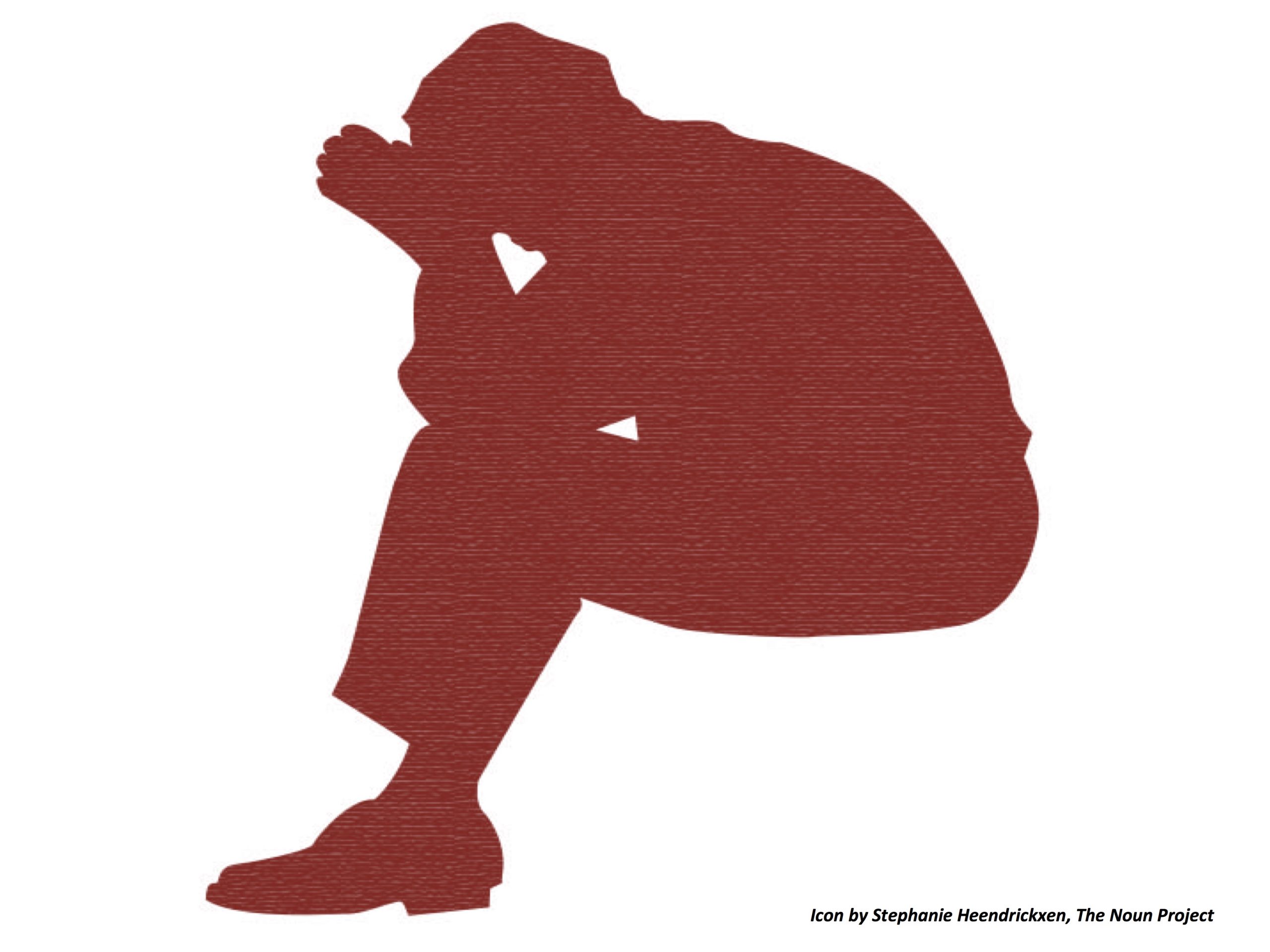Depression is not just a creation of the mind — it is a common and treatable illness.
This week, the country celebrates the National Mental Health Week with the Department of Health urging Filipinos to open up and find out more about mental health.
Depression became the talk of the town last week, when comedian-host Joey de Leon said on national television that the illness is merely a fabrication of people who say they experience it.
De Leon was immediately criticized online. On Oct. 6, he issued a public apology on the noontime show Eat Bulaga.
“Kung may maidudulot mang mabuti yung aking pagkakamali, eh sana’y mabuksan nito ang maraming pinto sa pagtalakay sa issue na ‘to– yung tungkol sa depression. Hindi ko alam na ganun kalawak at kalalim pala yun. Akala ko, stress lang, ganyan-ganyan.” (If there is anything good that should come out from my mistake, it should be that it opened the doors to discuss this issue– about depression. I didn’t know how big the issue is. I thought it’s just stress.)
Source: Eat Bulaga Facebook page. Watch from 2:15 to 2:35
Sen. Risa Hontiveros, principal author of the Mental Health Act of 2017 lauded De Leon on Twitter for admitting his mistake. She earlier said depression shouldn’t be trivialized but understood.
Here are three facts about depression.
Depression is a medical illness
The World Health Organization’s International Classification of Diseases classifies depression as a mood disorder that tends to be recurrent.
Any persistent sadness, loss of interest in activities normally enjoyed and an inability to carry out daily activities for more than two weeks characterize depression. Stressful events or situations can trigger individual episodes of depression.
The ICD identifies various kinds of diseases, disorders, injuries and other related health conditions, and is considered the international standard for reporting diseases and health conditions. DOH uses the ICD to monitor various illnesses in the country.
According to the DOH, any person exhibiting the following symptoms could have depression:
-Significant weight loss or weight gain
-Difficulty in sleeping or oversleeping
-Fatigue or loss of energy
-Psychomotor agitation or slowness
-Excessive guilt or feeling of worthlessness
-Diminished ability to think or concentrate or indecisiveness
-Recurrent thoughts of deaths
-Recurrent suicidal thoughts
However, other medical conditions such as thyroid problems, vitamin deficiency or a brain tumor can copy symptoms of depression.
The disorder is also associated with other mental conditions such as bipolar affective disorder. In severe cases, depression may also be accompanied by psychotic symptoms such as hallucinations and delusions.
Genetics can play a role in depression
The American Psychiatric Association (APA) lists several causes of depression. This includes environmental factors such as exposure to abuse, neglect and violence, an individual’s personality and differences in certain chemicals in one’s brain.
Depression can also run in families. “For example, if one identical twin has depression, the other has a 70 percent chance of having the illness sometime in life,” the APA said.
“People with low self-esteem, who are easily overwhelmed by stress, or who are generally pessimistic appear to be more likely to experience depression,” it added.
APA publishes the Diagnostic and Statistical Manual of Mental Disorders, a resource used by mental health professionals worldwide to diagnose 250 psychological disorders, including depression.
Depression is different from sadness
Stressful life events such as the death of a loved one or the end of a relationship normally develop feelings of intense sadness or grief, but the APA emphasizes its difference from depression.
| Grief | Depression |
| Painful feelings come in waves | Mood or interest is decreased most of the time for at least two weeks |
| Self-esteem is not usually affected | Feelings of worthlessness and self-hatred are common |
Globally, more than 300 million people are now living with depression, according to WHO.
It adds that women are more likely to be affected by depression than men, especially in their older years, between ages 55 to 74.
Depression is also the biggest cause of disability worldwide and can lead to a global economic loss of US$ 1 trillion per year. However, the WHO noted that generally, only three percent of a government’s budget is invested in mental health.
“Lack of support for people with mental disorders, coupled with a fear of stigma, prevent many from accessing the treatment they need to live healthy, productive lives,” the WHO said.
In May, the Senate approved on the third and final reading the Mental Health Act of 2017 which aims to improve the delivery of mental health services in the country. A counterpart bill in the House has yet to be passed.
The National Mental Health Care Delivery System is one of the 28 priority bills recommended by the Legislative-Executive Development Advisory Council to the Duterte administration.
Sources:
Ciccarelli, S. and White, J. (2015). Psychology (4th Ed). USA: Pearson
Depression and Other Common Mental Disorders: Global Health Estimates
International Classification of Diseases
LEDAC approves legislative agenda for 17th Congress
Other significant mental health complaints
Proposed “Comprehensive Mental Health Act” gets House backing
Senate approves Mental Health Act. Philstar.com.
Senate OKs mental health bill. Inquirer.net.
Senate passes Mental Health Act. CNN Philippines.
University of Michigan Depression Center
(Guided by the code of principles of the International Fact-Checking Network at Poynter, VERA Files tracks the false claims, flip-flops, misleading statements of public officials and figures, and debunks them with factual evidence. Find out more about this initiative.)



